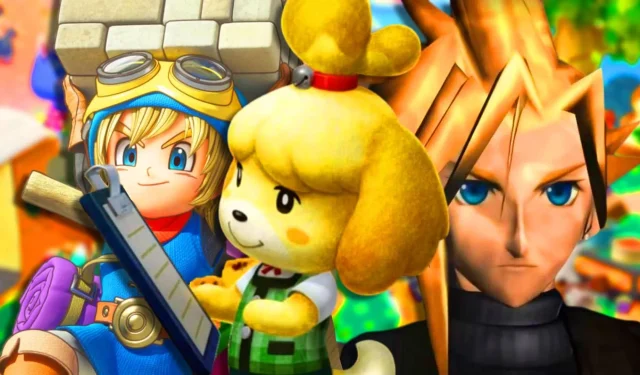
Nintendo has enjoyed remarkable success within the mobile gaming sector, boasting popular titles such as Animal Crossing: Pocket Camp, Super Mario Run, and Fire Emblem: Heroes. These enticing free-to-play games have captivated a massive audience and continue to draw in players. Yet, despite its stronghold on this segment, Nintendo has overlooked a vital area of mobile gaming that fans are clamoring for.
Imagine the possibilities: many of Nintendo’s iconic games, including Super Smash Bros. Ultimate, could provide outstanding mobile experiences. While the company has consistently resisted fully porting its beloved titles to mobile platforms, now is the time to re-evaluate its strategy, especially in light of the successful endeavors by Square Enix in the premium mobile game market.
Learning from Square Enix: A Model for Nintendo’s Mobile Success
Explore the Rich Library of Square Enix Games on Mobile
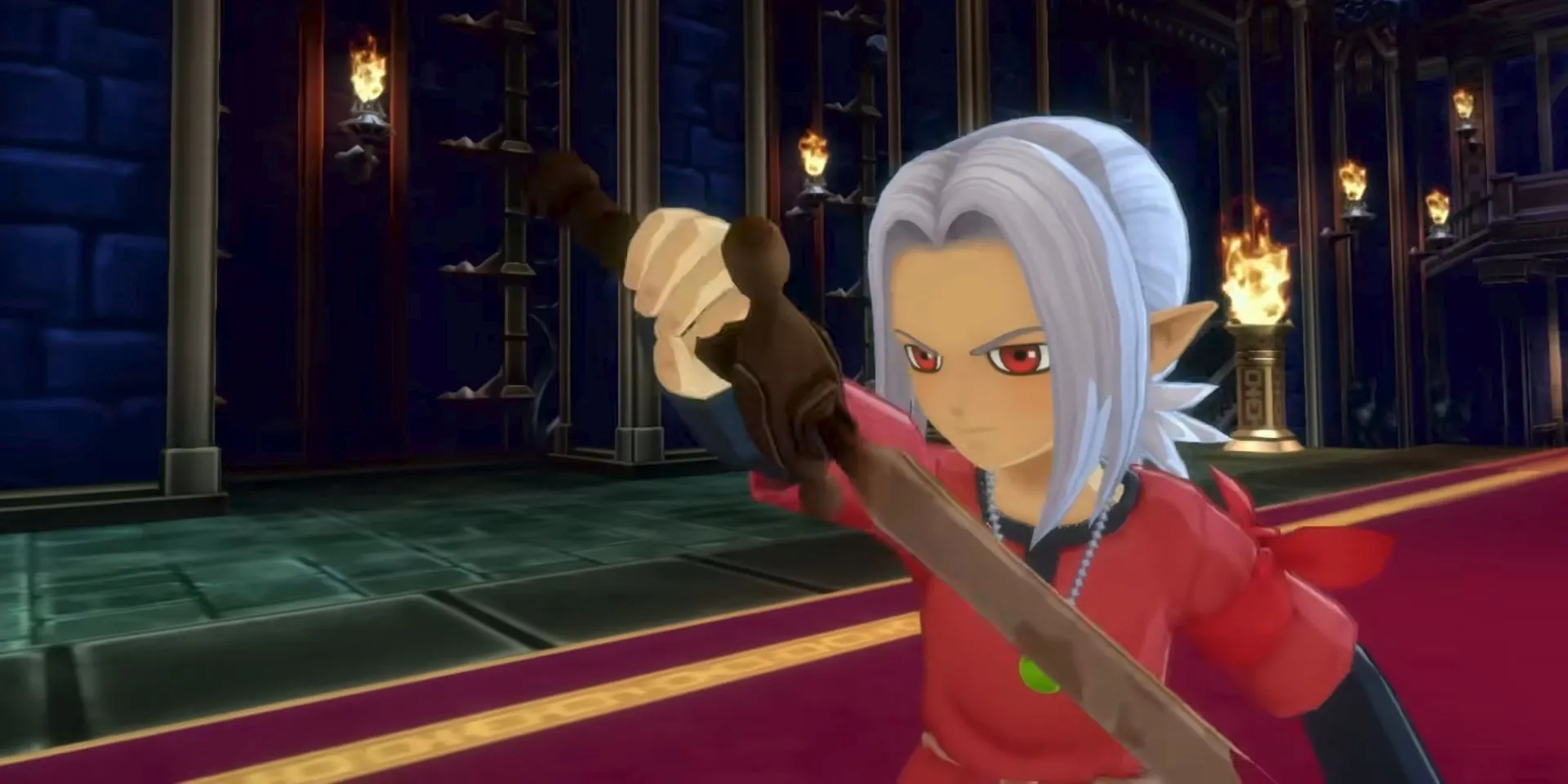
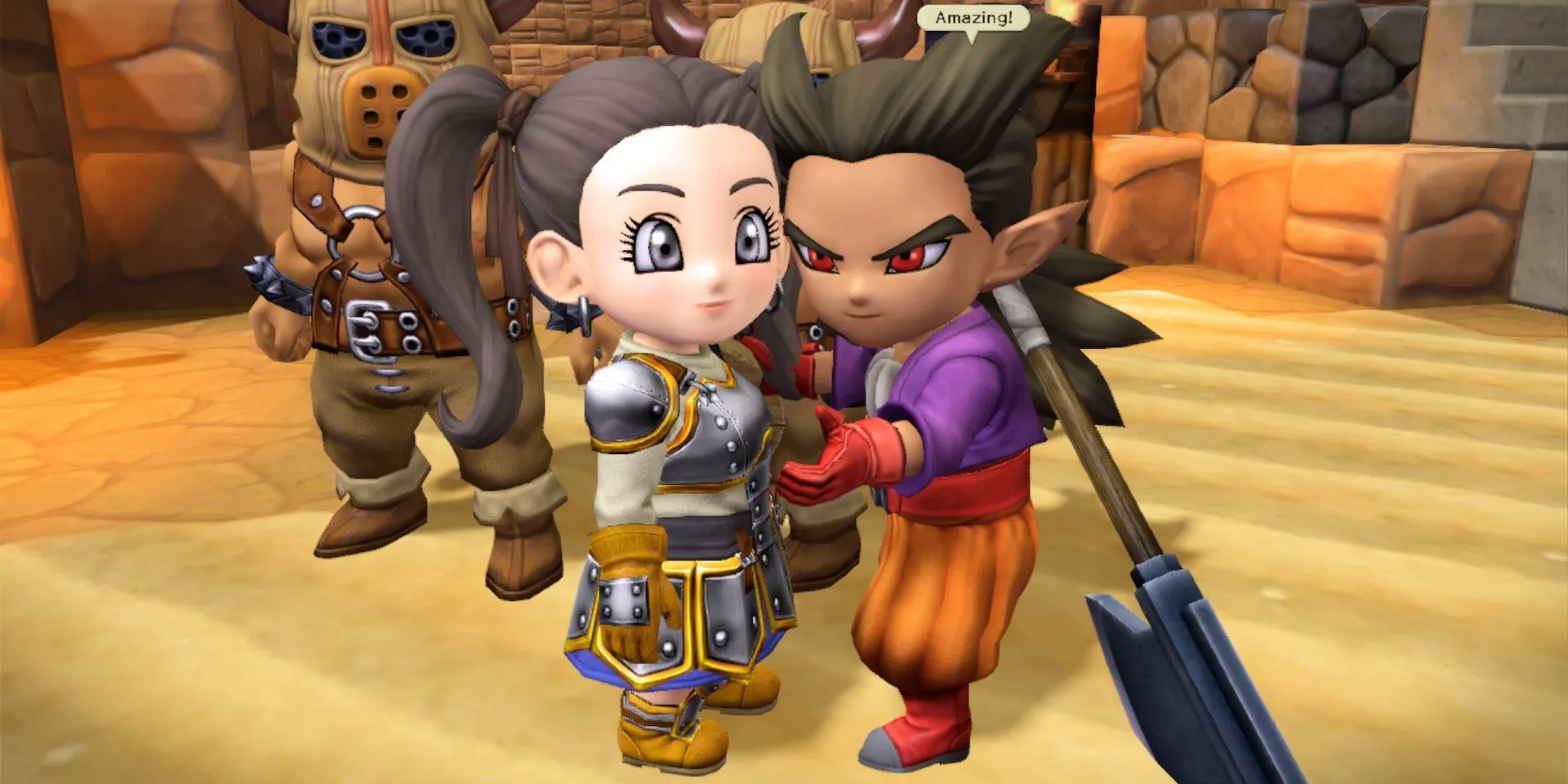
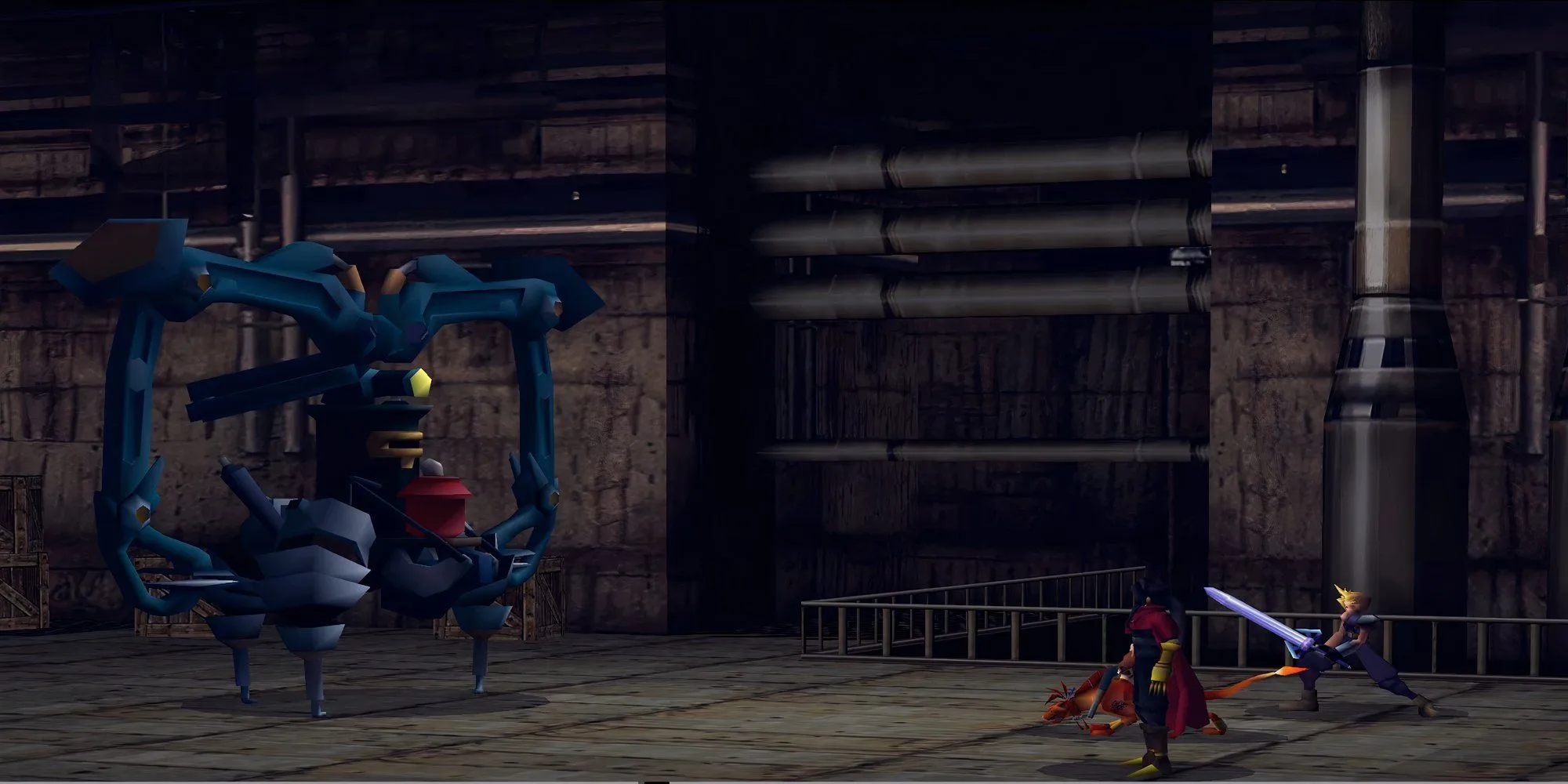
Square Enix has successfully brought a plethora of its highly revered games to mobile platforms, allowing players to enjoy premium experiences right in their pockets. Titles like Final Fantasy 7 and Dragon Quest Builders have made their mark as some of the finest mobile games available. For many fans, particularly those without access to modern gaming consoles, this accessibility is a game-changer.
While mobile gaming may not rival the experience of playing on PC or console, access to a broad catalog of well-loved adventure and role-playing games is invaluable, despite some high price points. Square Enix has proven that reaching a wider audience enhances both the gaming community and the preservation of their classic titles.
In contrast, Nintendo’s current mobile offerings are limited. With titles such as Mario Kart Tour, Animal Crossing: Pocket Camp, Fire Emblem: Heroes, Super Mario Run, and Pikmin Bloom, the company does provide some engaging options. Yet, many popular titles have been removed, including fan favorites like Dragalia Lost and Miitomo, which could have deepened their presence in the mobile gaming landscape.
There are also numerous Pokémon mobile games available, like Pokémon Go and Pokémon Masters EX, though these are predominantly published by The Pokémon Company, which Nintendo co-owns. This situation demonstrates that while Nintendo has entered the mobile gaming space, it has yet to fully exploit its own vast library.
Animal Crossing: Pocket Camp as a Positive Indicator
A Console-Like Mobile Experience Emerges
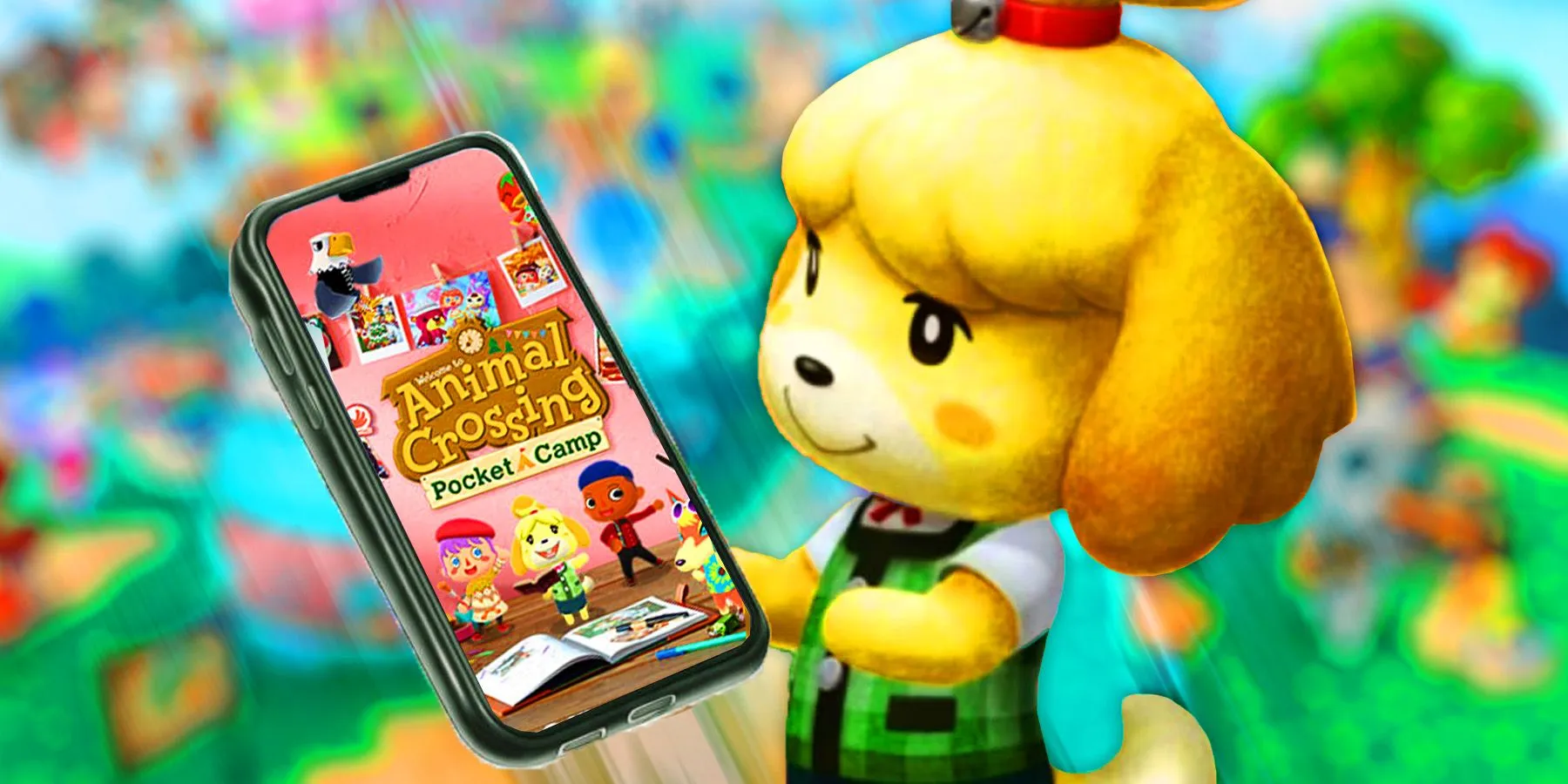
On a promising note, Nintendo is making strides with the upcoming release of Animal Crossing: Pocket Camp Complete. Following the initial game’s closure, its re-launch introduces crucial updates and a new pricing model. This effort signals a positive shift for not only Nintendo but the greater mobile gaming industry, as it moves toward a more substantial, console-like gaming experience.
While it may not equate to a full mobile adaptation of Animal Crossing: New Horizons, it reflects Nintendo’s acknowledgment of player desires for premium, quality gaming experiences. Furthermore, the release of Nintendo’s new music app, albeit limited in selection, demonstrates the company’s willingness to engage and satisfy its audience.
Nintendo has often maintained a policy of keeping its intellectual property under tight control, denying fans easy access while simultaneously targeting those who share or emulate its content. However, this recent shift might pave the way for porting classic titles to mobile, as games like Ocarina of Time could thrive in the mobile marketplace.
The Case for More Exclusive Mobile Spin-Offs
Capitalizing on Mobile Opportunities
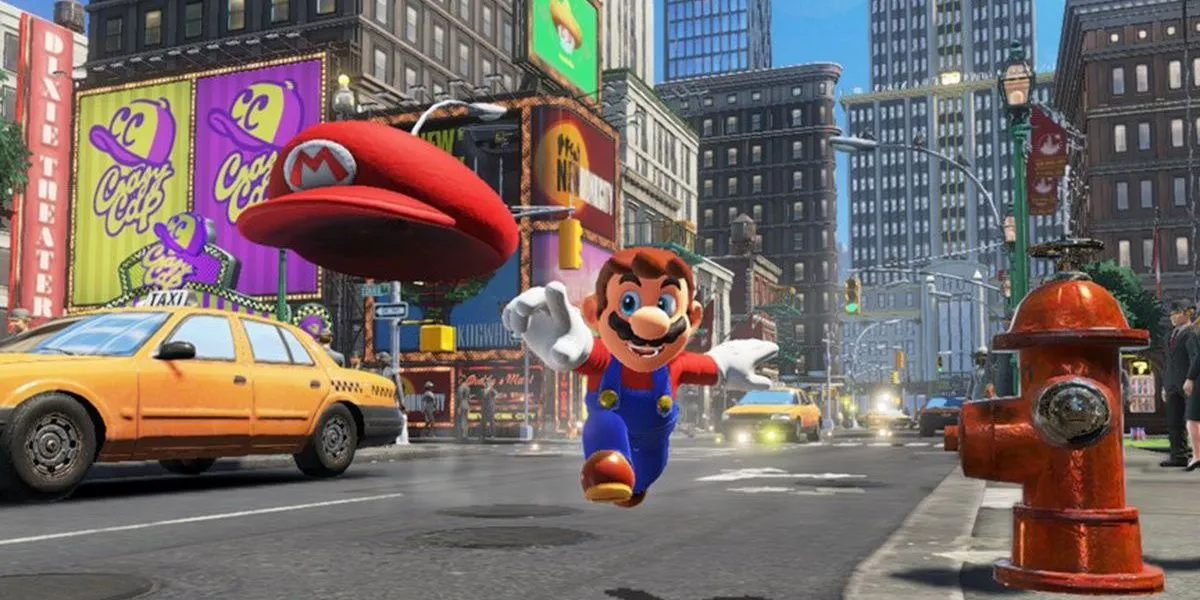
In addition to porting its classic games, Nintendo could benefit from creating new exclusive titles for mobile platforms. Previous attempts like Miitomo and Dragalia Lost showcased Nintendo’s creativity without merely replicating existing models. Experimenting with innovative concepts, akin to the emerging Monster Hunter mobile game, would position Nintendo as a leader in mobile gaming.
The company’s inventive spirit is well-established, and producing premium experiences on mobile could shift perceptions about mobile gaming as a whole, steering it away from being viewed merely as a microtransaction-heavy environment.
Rather than reinventing the wheel, Nintendo could explore the potential in developing new mobile spin-offs or even entirely original intellectual properties. Furthermore, a subscription model akin to the Nintendo Online service could enhance engagement by offering a compilation of classic titles to mobile users, following the model of their new music application. Ultimately, Nintendo must recognize mobile gaming as a lucrative opportunity to monetize its beloved games and cater to the desires of its dedicated fans.
Source: Nintendo of America/YouTube




Leave a Reply